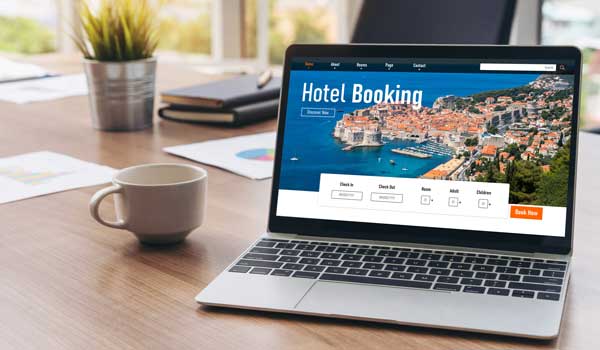The travel industry is inherently global, with businesses often operating across multiple currency zones. Even businesses that focus on a single region often have to manage inbound and outbound payments in different currencies, highlighting the complexity of financial operations in this sector.
At the Bavel Travel Summit 2024, Tiago Coimbra, Account Director Travel at Modulr; Severin Gerstenkorn, Strategy Manager at Pliant; Mike Carlo, CEO at XanderPay; Coco He, Global General Manager at Sunrate; and Alfredo Stefani, Director of Partnerships at Voxel; shared their insights into the complexities of cross-border B2B payments and the solutions shaping the future of the industry.
Cost, speed and transparency: key pain points
When it comes to overseas expansion, “cost is probably the biggest pain point that travel companies experience”, noted Alfredo Stefani. In terms of travel agencies, for example, a European agency might benefit from cost-effective SEPA (Single Euro Payments Area) transfers for regional transactions, but may face significantly higher fees when dealing with suppliers in countries like Turkey or the UK, shared Severin Gerstenkorn.
In this regard, Coco He pointed out that, for example, in the case of a company that makes a payment to Thailand from Europe, there are usually two costs. One is the bank transaction fee, and the other is the margin. This type of cost is not usually that transparent for the payer. “The markup can be especially significant for small and medium-sized businesses, if they pay a small amount but add costs frequently”.
Additionally, speed becomes a critical factor; while European transfers are often instant or same-day, international payments can take several days to process, said Severin.
Mike Carlo highlighted how misinformation in the hotel sector leads to inefficiencies. Many hotels operate in the local currency and USD, often having suppliers pay in USD and converting the funds at banks, incurring a 3-4% margin. “Companies frequently accept these high costs as normal, unaware of potential savings through optimised payment strategies”, he stated.
The role of technology in addressing Cross-Border B2B payments
Modern payment solutions are transforming how travel businesses navigate these issues, and are helping to make the industry more efficient. In terms of costs, Severin Gerstenkorn explained that an important aspect to consider is the fixed rate. Unlike SWIFT (Society for Worldwide Interbank Financial Telecommunications) transfers, whereby the amount sent must match the amount received, and often require specialist providers that are not available in every country, virtual credit cards are widely accepted globally. They also offer an instant payment method, ensuring timely payments to suppliers.
Tiago Coimbra shared an example of an online travel agency (OTA) that transitioned to virtual card payments. The switch streamlined their reconciliation process, reducing the workload for finance teams and unlocking valuable time for strategic tasks.
However, Mike Carlo emphasised that virtual cards are not a one-size-fits-all solution. Regional regulations, cultural differences, and varying levels of acceptance mean businesses must tailor their payment strategies to each market:
“Another advantage for companies working with payment provider solutions is that they can ensure regulatory compliance”, commented Tiago Coimbra.
The need for education and collaboration
An overarching theme of the debate was the importance of educating travel companies about their payment options. Smaller travel agencies, in particular, may lack awareness of cost-effective tools such as virtual cards or integrated platforms that simplify multi-currency transactions.
Panellists stressed the need for collaboration between payment providers and companies in the travel industry. By working closely with their partners, businesses can better understand their payment flows, reduce hidden costs and adopt a portfolio approach to B2B payments.
As the travel industry continues to expand into new markets, there’s no universal solution for managing cross-border payments. Instead, companies must develop a diversified strategy, leveraging a mix of providers and tools to meet regional needs. For example, Modulr, Pliant, XanderPay and Sunrate are part of the Bavel platform, the ecosystem that integrates the entire Voxel partner network to provide valuable services to tourism companies.
Whether it’s virtual cards, localised payment methods or integrated platforms, the key lies in choosing solutions that balance cost, speed, and flexibility. “Addressing the cost of doing business isn’t just about savings—it’s about unlocking growth potential in an increasingly connected world”, stated Mike Carlo.











